MISSION AND VALUES
Mission
Moving Image Preservation of Puget Sound is a non-profit 501-(c)(3) corporation formed to help preserve our cultural heritage by assisting archives, libraries, and other organizations with the conversion of analog video recordings to digital formats according to archival best practices.
Vision
A world where all people are represented in, and have public access to, their moving image history. Videotape was a democratizing moving image format. It was cheaper and easier to use. A more diverse population was able to afford the equipment and supplies, which enabled anyone to record their history. This increases the urgency to preserve these degrading materials as they document a wider scope of diverse groups that are often under-represented in our historical records.
Values
- Accessibility
- Collaboration
- Creativity
- Equity
- Inclusion
- Advocacy
- Transparency
- Diversity
- Education
MIPoPS lives our values and supports our mission by…
- Uncompromised commitment to equality by promoting and providing public access to digitized video content.
- Providing training to all learning styles/skill sets tailored to meet individual and institution unique needs and restrictions.
Future Work
Acknowledging that technology is constantly changing, and we must adapt in order to maintain our commitment to our values. In order to continue this effort, working to incorporate captioning, transcription and descriptive captioning into our standard digitization process and create training videos, community workshops and classroom curriculum to educate both the public and archivists on the history of videotape and preservation best practices.
Land Acknowledgement
We would like to acknowledge that MIPoPS is located on the ancestral homelands of the Coast Salish tribes, past and present, and honor with gratitude the waters and land itself, along with the peoples and cultures that have existed here since time immemorial and continue thriving here today.
This acknowledgement does not take the place of authentic relationships with indigenous communities, but serves as a first step in honoring the land we are on. To truly understand the history and importance of all land acknowledgments, we encourage everyone to research the tribal treaties in your area and how they have been broken and reflect on the impacts these have had on the true owners of the land.




